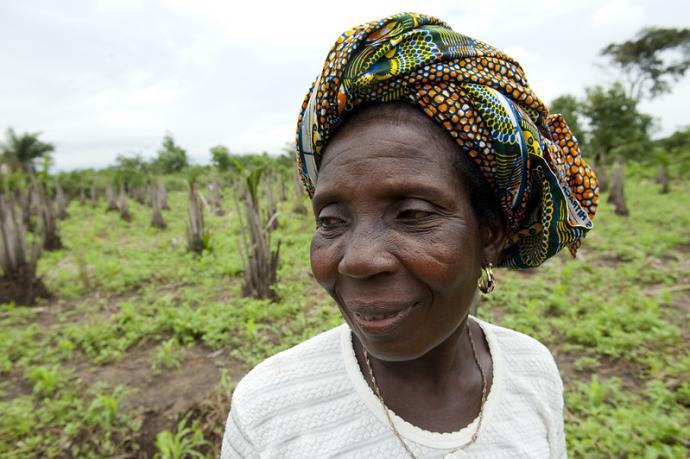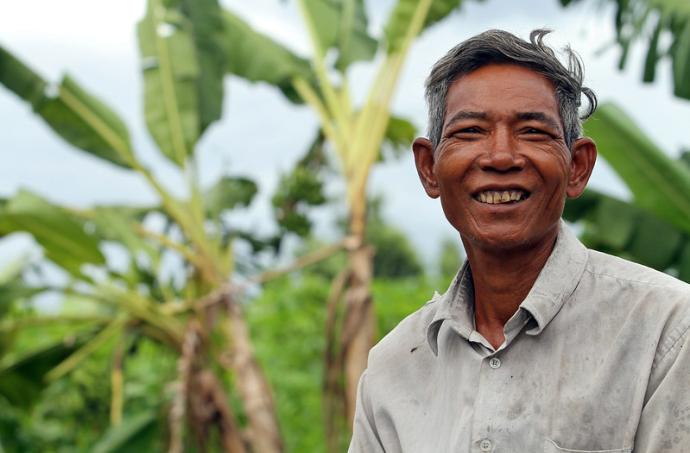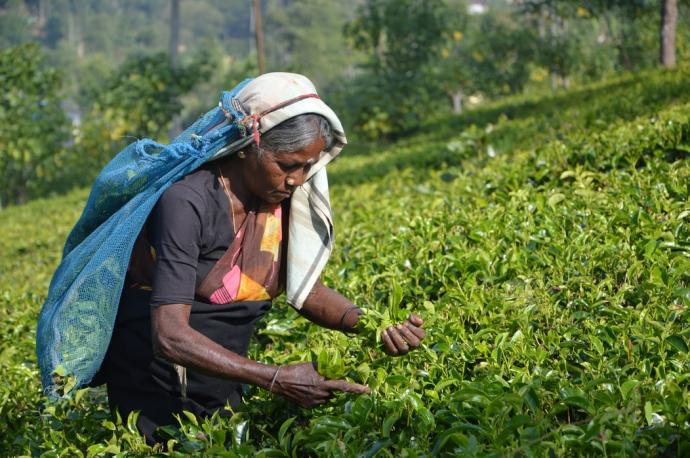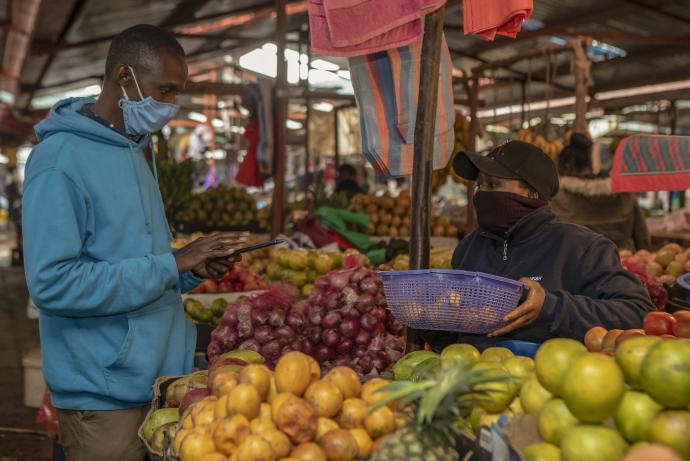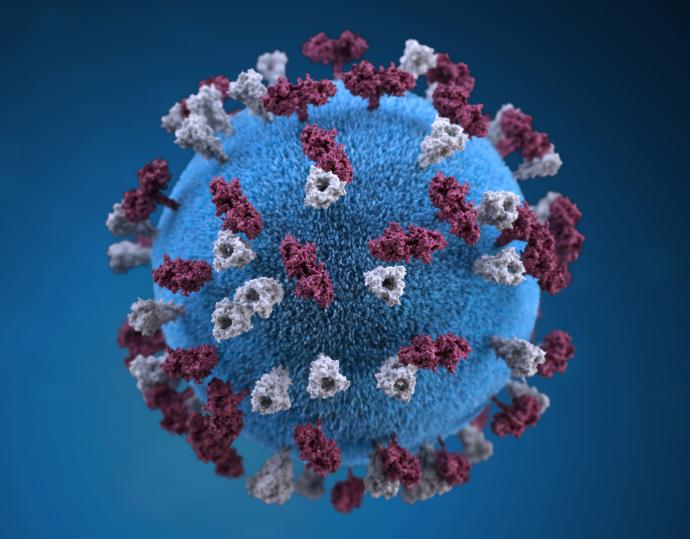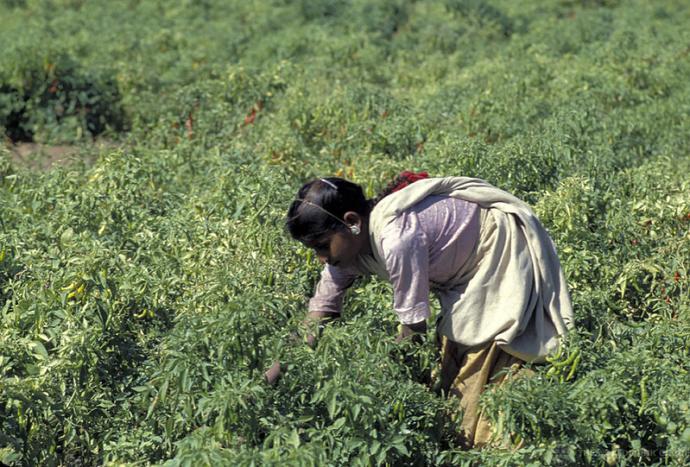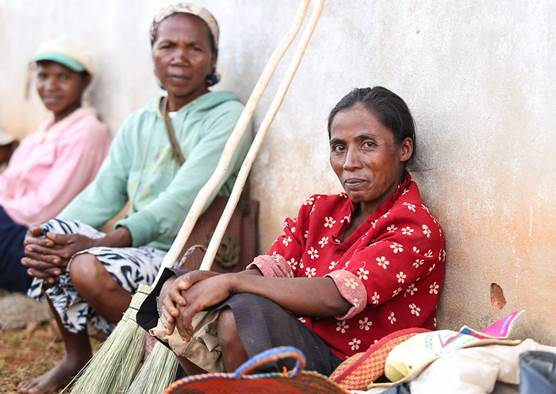02
Aug
In the previous part, we brought to your attention rural women’s needs to access to insurance, and related research to better understand the importance of gender-responsive insurance products to mitigate women’s financial and health risks. In this Part II, we’ll provide detailed information on emerging trends on this topic. Digital financial services A 2019 study by CTA and Dalberg Advisors found nearly 400 different digital agriculture solutions working across the continent reaching 33 million registered farmers, demonstrating the market potential. There is no doubt that COVID-19 has

